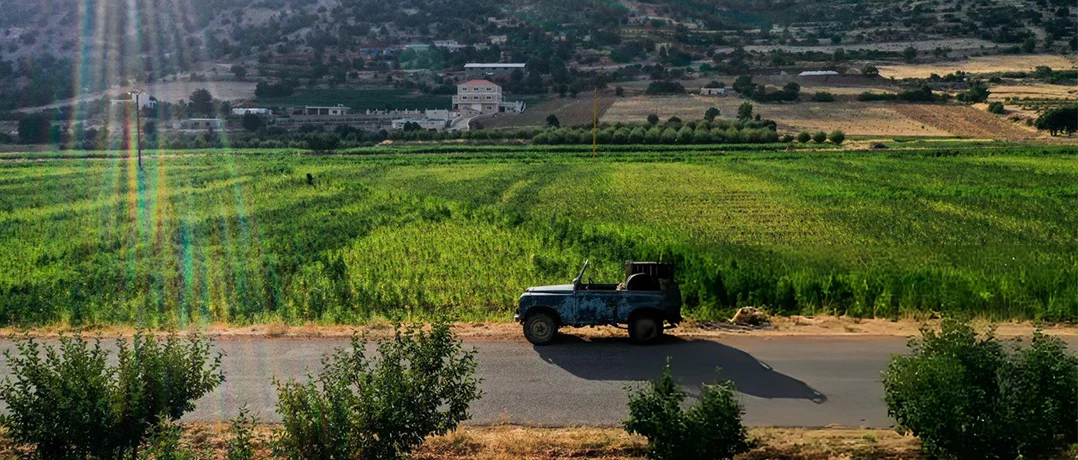Lebanon legalizes cannabis for medical and industrial use, shifting from illicit cultivation to regulated oversight.
The green revolution: Lebanon’s bid to legalize what it long outlawed
The green revolution: Lebanon’s bid to legalize what it long outlawed


Lebanon is finally taking its first tangible steps toward regulating cannabis, for official use in medical and industrial sectors. This comes five years after passing Law 178/2020. What was once a shadow economy rooted in the Bekaa Valley’s dry soil is now edging toward legitimacy, as the state moves from criminalization to control, from illicit cultivation to institutional oversight.
For decades, cannabis quietly sustained thousands of farmers and fueled an underground economy that endured wars, neglect, and prohibition. Today, with an estimated 50,000 hectares under cultivation, roughly 6% of the world’s total output, and projected annual revenues nearing $1 billion, the stakes are monumental (McKinsey & Company).
The newly established Cannabis Regulatory Authority, led by Dani Fayyad, marks a turning point, positioning the state as both supervisor and stakeholder in an industry once deemed criminal. Under this new framework, Lebanon has officially legalized cannabis cultivation for medical and pharmaceutical purposes, establishing a dedicated regulatory body to oversee both domestic and international sales.
From restriction to control
The move represents a major policy reversal after decades of restrictions against cannabis farmers across Lebanon’s agricultural heartlands. In the foothills of Hermel, around 450 hectares of cannabis are cultivated, often in secret. Thousands of farmers, many previously branded as fugitives, have continued growing the plant, arguing that it was their only means of survival.
Fayyad recently toured farming regions to reassure growers that the new regulatory framework will offer legitimate sales channels and ensure fair market access. He pledged that the Authority would “create mechanisms for farmers to sell their harvests to pharmaceutical manufacturers domestically and abroad at global market prices, instead of relying on traffickers.”
A region of resistance
This policy shift comes at a moment of mounting economic strain and renewed border clashes with Israel, as Lebanon searches for alternative sources of revenue to revive its collapsing economy. Yet the move is not without resistance.
Hezbollah, one of the country’s most powerful political actors, has expressed skepticism, citing “economic doubts” about the initiative, though many interpret this as a sign of unease over losing influence in regions long dependent on the illicit trade.
At the same time, farmers fear that legalization could push them out of the market if large corporations dominate production. Others worry that excessive bureaucracy and corruption could blunt the sector’s potential before it truly begins.
Between Promise and Uncertainty
Lebanon is now the first Arab country to formally legalize cannabis cultivation, joining nations like Morocco, which passed similar medical-use legislation in 2021. But the question remains whether this reform can deliver on its ambitious promises.
Can regulation succeed where prohibition failed, transforming a long-stigmatized crop into a legitimate engine of recovery? Or will politics, power struggles, and weak governance turn Lebanon’s green hope into yet another missed opportunity?
As Lebanon’s cannabis fields move from the margins of law into the machinery of the state, the country stands at a rare crossroads, one where its most controversial crop might just become its most valuable one.


